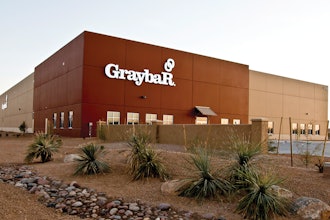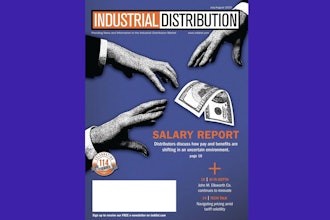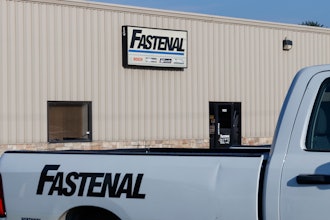
Imagine this. You’ve spent months working on a deal. You are generating momentum. The buyer expresses strong interest. Your sales instincts tell you it’s a done deal. But then, your buyer tells you your price is too high. How are you going to respond?
Our research shows that over 70 percent of you will cave in. But why?
Sellers succumb to this pressure for several reasons. The most obvious is fear. Sellers are fearful of losing the business. Yes, losing a deal is painful, but it’s not the end of the world. What are you afraid of? Why is there so much fear? There are plenty of other opportunities out there.
Sellers default to a discount because they are unprepared. What is your immediate response to a discount request? Sellers regularly face price resistance yet are still caught off guard when the buyer objects to price. A fumbled response lacks confidence. As the seller’s confidence dwindles, the buyer’s expectation of a discount increases. Who is better prepared to manage the pricing conversation, you, or the buyer?
Some sellers feel buyers deserve a discount. These sellers view discounting as a reward for loyalty or willingness to take a risk. The reward is the value you create, not the discount you generate. Buyers that get discounts expect more discounts. The buyer is entitled to your value, not a discount.
You are not doomed to repeat your discounting past. There is hope. There is a better way.
Confidence is key to overcoming objections. Bolster your confidence by filling your pipeline. A full pipeline equals confidence. To keep your confidence high, keep your pipeline full. Nothing frees you from the pressure to discount like working a deal you don’t really need. A bursting pipeline creates an aura of confidence.
Practice your immediate response to objections. Have a prepared follow-up question ready to go. This is called a clarifying question. Questions keep the buyer talking. If the buyer says your price is too high, ask them, “What are you comparing us to?” or “Could you please elaborate?” By asking a question, you regain control of the conversation. Controlling the conversation creates more confidence.
Finally, buyers deserve value, not discounts. If the buyer questions your price, they’re really questioning your value. To make the exchange more equitable, focus on adding more value. Highlight all the value you create and the impact on the buyer’s business. Understanding the depth of your impact gives you more confidence when  Reilly
Reilly
Paul Reilly is a speaker, sales trainer, co-author of Value-Added Selling, fourth edition (McGraw-Hill, 2018), and host of The Q and A Sales Podcast. For additional information on Paul’s keynote presentations and seminars, call 636-778-0175 or email [email protected]. Visit www.TomReillyTraining.com and signup for their free newsletter.






















